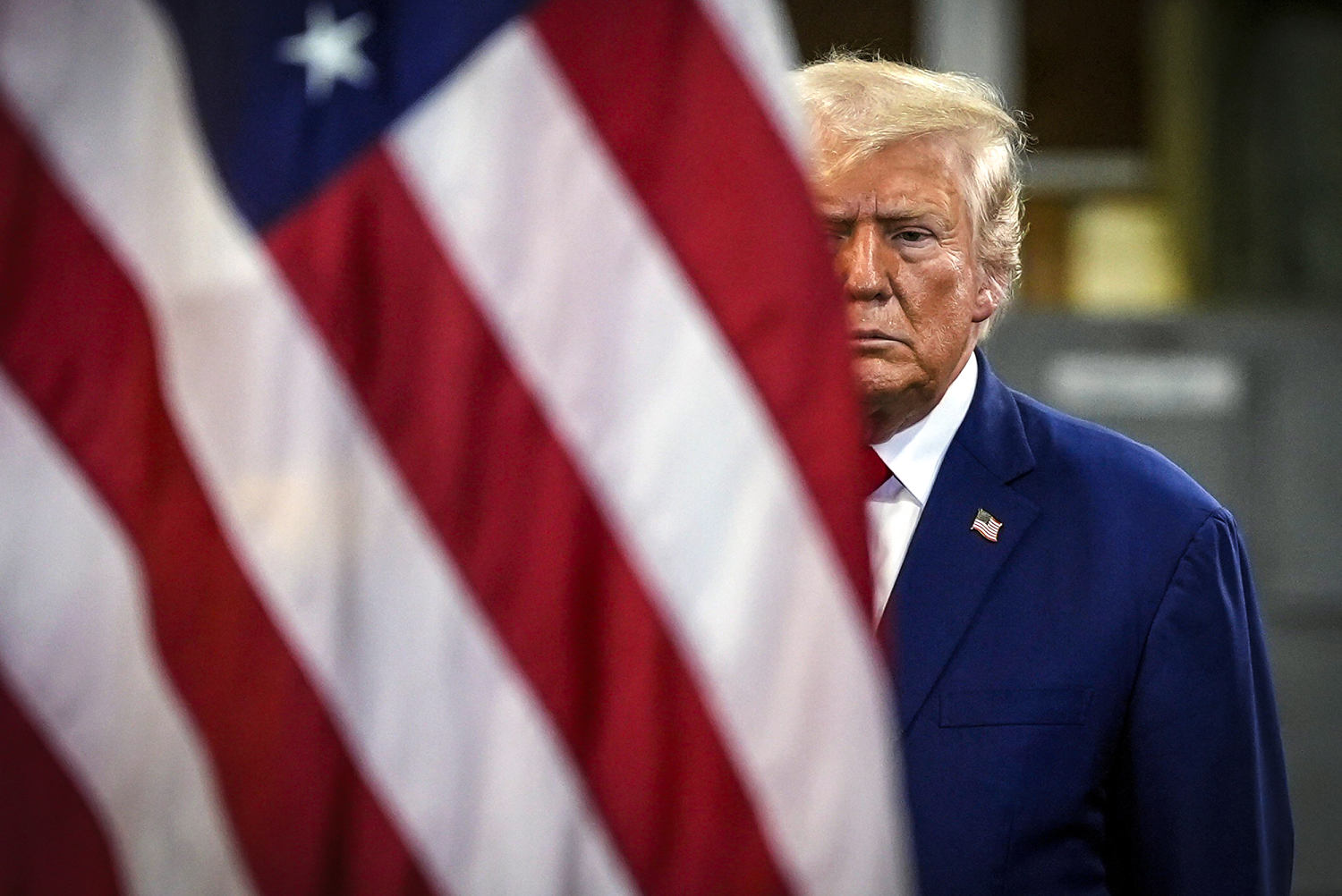
It’s been a rough week for fact-checkers, as many of their most loyal readers lost patience with their approach to the job.
The low point came Monday. A video at the Democratic National Convention showed a clip of Donald Trump saying in 2016 that “there has to be some form of punishment” for women who have abortions. Someone at PolitiFact, the Pulitzer Prize-winning nonprofit, then posted on X a link to an old fact check on the issue rating criticism of this quote “mostly false.”
“He walked back the comment the same day,” the post noted. “We found no evidence that he currently supports legal penalties for women who have abortions.”
A community note soon appeared beneath the post. “It is incorrect to say that showing an unedited video of Trump’s own words is ‘false,’” it said. “Reporting from 2016 confirms that this is something Trump said. Even if he walked it back following criticism, it is not false to accurately quote something Trump said.”
Take it from me, a former fact-checker: There is nothing lower than this. Having your own facts checked by users of X — not Twitter, but Elon Musk’s vastly degraded version of it — is like watching an NBA player get dunked on by a 14-year-old kid.
A reporter for The Washington Post also took heat for a quick fact check of President Joe Biden’s convention speech, in which Biden said that Trump would refuse to accept the election result if he loses again. “But that’s not true,” the reporter wrote. “Trump just hasn’t said that he would accept. And he has previously said the only way he loses is if the Democrats cheat.”
This is looking-glass logic. Trump is literally refusing to accept a loss already when he says he can’t lose.
This is looking-glass logic. Trump is literally refusing to accept a loss already when he says he can’t lose.
These weren’t isolated incidents either. Fact-checkers have also raised hackles recently when they said:
- Trump didn’t actually tell people to inject bleach to cure Covid, he just mused about using disinfectants to kill the virus “by injection inside or almost a cleaning.”
- A conservative plan to reduce the independence of the FBI that calls the agency “a threat to the Republic” for the “Russian collusion hoax” is not meant to “politicize” the agency.
- Trump did not call white supremacists “very fine people” when he said that there were “very fine people on both sides” of a white supremacist march in Charlottesville, Virginia.
- Project 2025 doesn’t call for a “national anti-abortion coordinator” but rather a “pro-life politically appointed Senior Coordinator of the Office of Women, Children, and Families.”
These fact checks were all very thoroughly reported, with relevant details and useful context. But they all faced the same problem: They completely missed the point.
Some of this is due to a basic courtesy that fact-checkers pretty much have to extend to people running for office. If a candidate promises to do something — or not do something — fact-checkers take them at their word. PolitiFact even maintains a “Promise Tracker” to check whether each presidential campaign pledge is kept or broken.
There’s good reason for that. Research has shown that candidates try to keep their promises, contrary to what the cynics think. And to be fair, in most cases there’s no real way to fact-check what may happen in the future other than what a campaign says.
But Trump is not like other politicians. PolitiFact’s own Promise Tracker found that he broke 53% of his promises in his term, compared to 23% for Barack Obama and just 3% for Biden. When a fact-checker smacks down a Democrat by noting that Trump has promised not to do something, it ignores that Trump has more often than not broken his promises.
Normal candidates also try not to lie. Again, I know that’s not what cynics believe, but politicians who get fact-checked on a certain line will typically drop it or revise it to be more accurate in response. (I once had a rather tense lunch with a campaign staffer who wanted me to retract a fact-check so they could keep using the line.) But Trump’s own former spokeswoman Stephanie Grisham said at the Democratic convention that he has “no fidelity to the truth” and told her to simply repeat things until people believed them.
There’s no simple solution here. Some of these pieces would have been just fine if they weren’t billed as “fact checks.” My advice would be to go ahead and share the context of what Trump said about injecting bleach, but don’t split hairs over what he meant with his bizarre ramblings. And if fact-checkers do have to make a judgment call, I’d advise that they not get tangled up in semantic games and focus on the big picture.
If there’s any consolation for the fact-checkers from this last week, it’s that people are upset. That’s a sign that voters still care about the facts — even when politicians don’t.

Leave a Reply